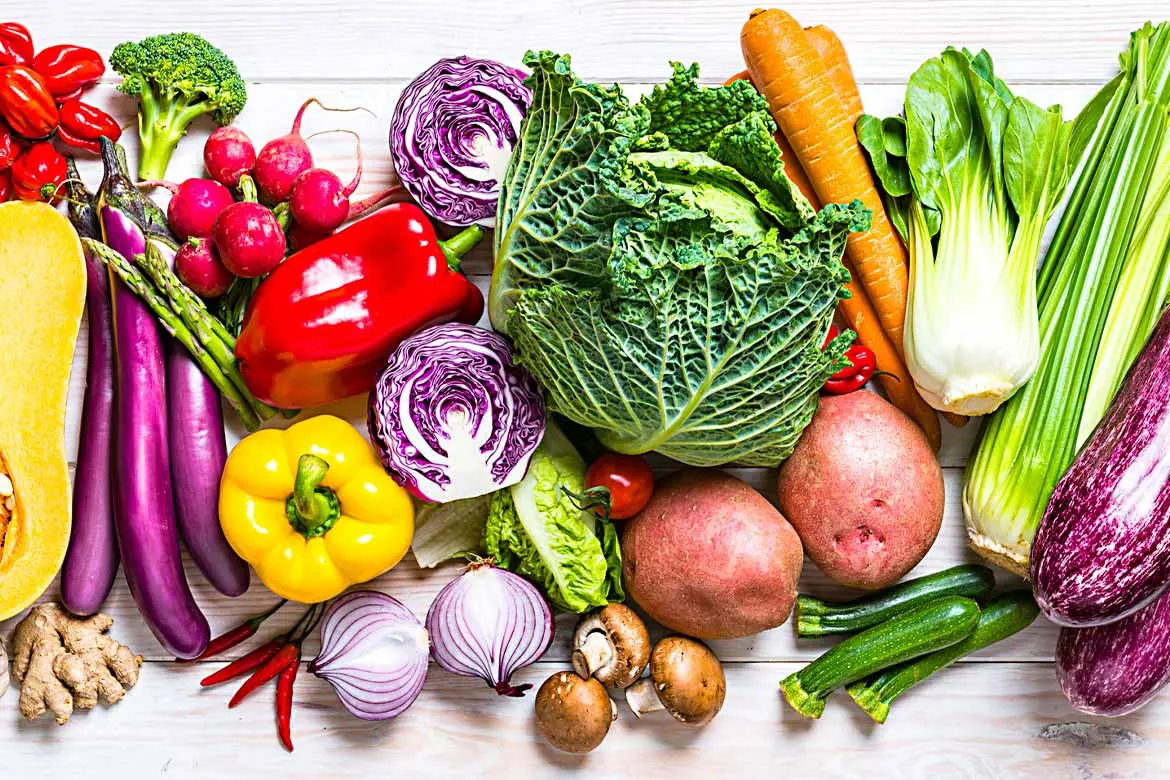Looi Bee Hong
Dietitian


Source: Getty Images
Dietitian
After surgery, your priority would be focusing on wound healing and recovery. Eating well and adequately can help you regain strength and recover more quickly, while eating insufficiently (or eating the wrong foods) may lead to malnutrition, prolonged wound recovery, and an increased risk of infection.
Always consult your doctor and/or dietitian regarding your diet after surgery, as an individual’s nutritional requirements differ based on your age, gender, height and weight, any pre-existing medical conditions, and the type of surgery you have had.
Certain foods can be beneficial after an operation to aid in recovery and healing. As a general rule of thumb, know that you will likely need more calories, protein, fluids, vitamins and minerals during the recovery process.
Once your doctor has cleared you to consume solid foods after a surgery, consider including the following in your diet:
It is important to eat an adequate amount of protein after surgery as your body requires more protein for wound healing. Protein also helps to build your muscles and improve the immune system. Examples of protein sources include:
Carbohydrates are a main source of energy for your body. Instead of refined carbohydrates, choose whole grains as they are rich in fibre, help prevent constipation and also provide important nutrients that support post-surgical wound healing. Examples of whole grains include:
In addition to fibre, fruits contain important nutrients such as vitamin C for rebuilding collagen and soft tissues, as well as for wound recovery. Eat more orange, red and green-coloured fruits. Foods that are high in vitamin C include:
Rich in vitamins and minerals, vegetables are also an essential source of fibre, which is needed to prevent constipation. Examples of high-fibre vegetables include:
Like carbohydrates, fats are another good source of energy. It is advisable to consume an adequate amount of healthy fats after an operation. Healthier options (that are lower in saturated fat and higher in unsaturated fat) include:
Iron is a major component of haemoglobin, a type of protein in red blood cells that carries oxygen from your lung to all parts of the body. Insufficient iron may lead to fatigue or weakness. Consider including iron-rich food in your post-operation diet to replenish red blood cells. Examples of iron-rich food include:
Calcium is critical for strong bones and teeth. Additionally, it also plays an important role in blood clotting, helps in muscle contraction, and regulates normal heart rhythms and nerve functions.
Milk is one of the most widely available sources of calcium. Other good sources of calcium include:
Last but not least, it is important to stay well-hydrated after an operation, as your body will need more fluid during the wound healing process. Dehydration may cause your skin to be more susceptible to breakdown. Consider drinking more:
Blood sugar levels may rise after surgery, so it is advisable to avoid foods that are high in refined sugar such as cakes, cookies, chocolate, sweetened drinks and soft drinks.
Alcohol should be avoided because it can interact with prescribed pain medications and reduce the potency of the medicine. Alcohol can also cause dehydration and impaired wound healing.
Most processed food contain very low fibre, vitamins, minerals and nutrients. They may also have high levels of preservatives, sodium, fat and sugar. You should avoid processed food such as fast food, chips and fries.
As every individual’s condition is unique, do speak to your doctor and/or dietitian for personalised dietary advice that is beneficial to your recovery.
Eating well helps you recover faster, increases your energy levels, and prevents constipation and fatigue after surgery. By making good food choices, your body can recover more steadily, allowing you to heal more quickly so you can return to your regular activities.